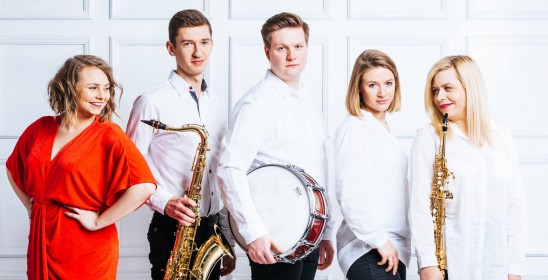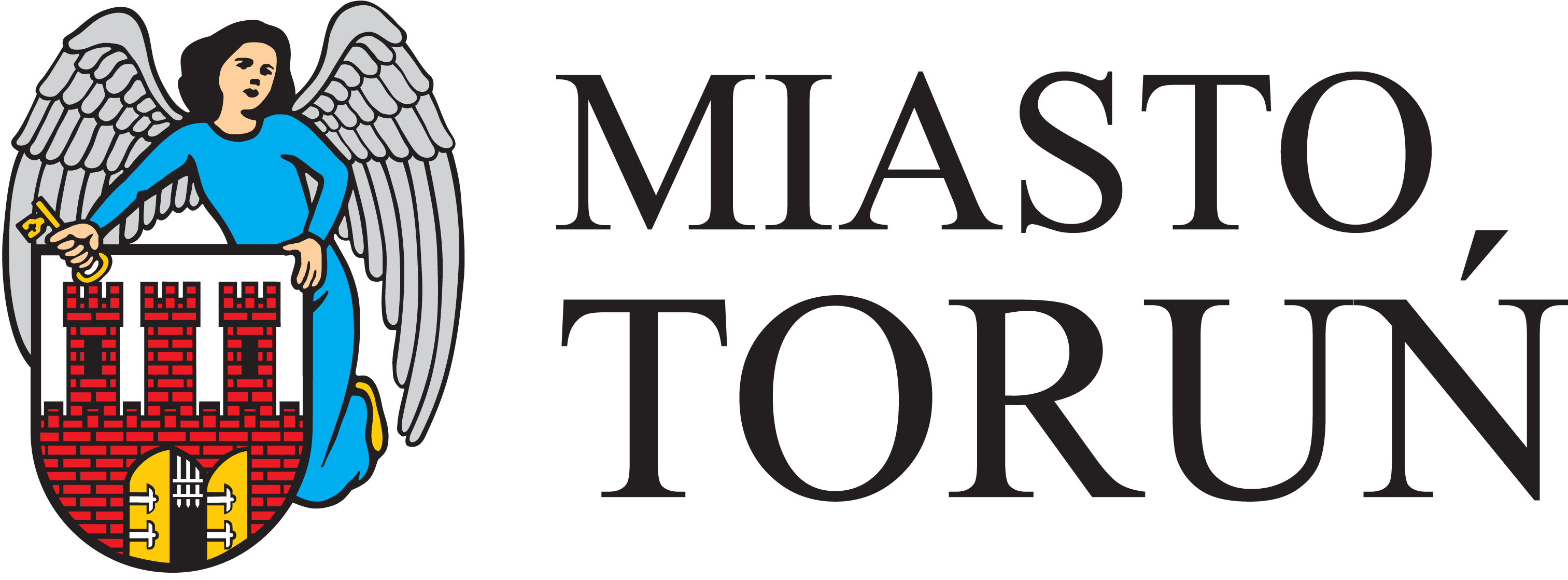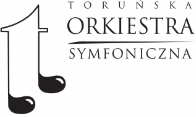Astor Piazzolla
Astor Piazzolla, born on 11 March 1921 in Mar del Plata, Argentina died on 4 July 1992 in Buenos Aires. He was the son of Italian immigrants who came to Argentina from Trani, Italy. However, Astor grew up in the Bronx, New York, where his family moved in 1925 and lived until 1936. In New York the boy discovered the magic of the bandoneon – in 1929 his father gave him his first instrument, and four years later he began piano lessons with Bela Wilde, a pupil of Sergei Rachmaninoff. At the age of 13, Astor was spotted by Carlos Gardel – the ‘king of classical tango’ – who offered him an episode in the film El Dia Que Me Queiras. In 1937 Piazzolla returned to Argentina and two years later he joined the band of Anibal Troilo – the most famous tango orchestra of the time. After Anibal’s death, Piazzolla began his solo career. In 1954 he received a scholarship from the French government, which enabled him to go to Paris, where he studied with the great Nadia Boulanger.
Piazzolla completely revolutionized tango. He did not reject tradition, on the contrary, he used it to create a completely new genre – tango nuevo (combining elements of tango, jazz and the so-called classical music), which, having been stripped of erotic overtones, became a real novelty in the United States, and then in Europe. In 1958 Piazzolla returned to New York where he worked as an arranger. Two years later he went to Buenos Aires again and there established a quintet that played “tango to listen to, not to dance”. The commercial success of Balada Para un Loco in 1969 brought his music to a wider audience. Astor achieved international fame in the early 1980s when he founded the Quinteto Tango Nuevo. His career was interrupted by an illness – the composer suffered a stroke in 1990 and died two years later.
Interesting facts:
Carlos Gardel was infatuated with the talent of the thirteen-year-old Astor and offered him a joint tour of South America. Despite the great honour associated with this offer, Piazzolla turned it down. This decision saved his life, as Gardel’s plane crashed in mysterious circumstances.
Piazzolla said of Nadia Boulanger: “She was like a second mother to me. No one had shown me such a world of music before – the kind I had been looking forward to seeing for a long time. She also told me: “carry on developing your own music – Piazzolla’s music”.
In 1989 the jazz magazine ‘Down Beat’ ranked Piazzolla among the best instrumentalists in the world.
Because of his many professional commitments, including rehearsals at the Colón theatre, Piazzolla turned down a proposal to write music for Bernardo Bertolucci’s film Last Tango in Paris.
Aneta Derkowska, PhD





